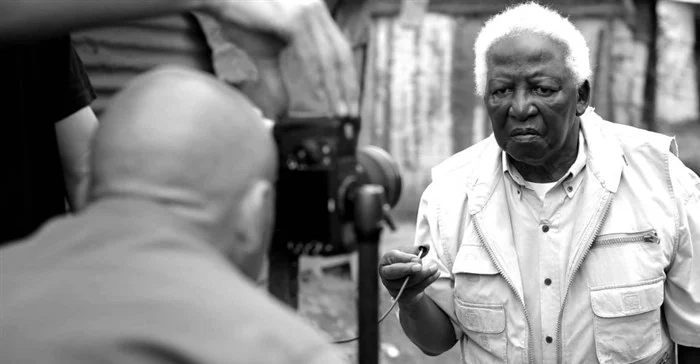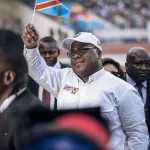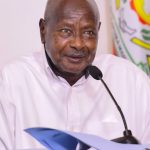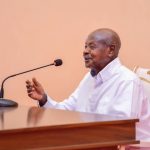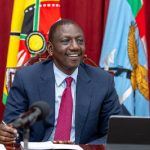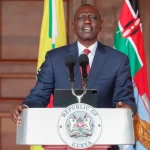Renowned artist-photographer Peter Magubane, a stalwart who brought attention to the daily struggles of black South Africans during the apartheid era, passed away on Monday at the age of 91.
Having joined Drum magazine in 1955, Magubane rose to prominence as one of the few black photographers documenting the repressive period. Notably, one of his groundbreaking images captured a white girl in a wealthy Johannesburg suburb seated on a bench with a sign declaring “Europeans Only,” while a black worker behind her combed her hair.
In the 1960s, amid heightened anti-apartheid activism, Magubane covered Nelson Mandela’s arrest and the banning of the ANC. A decade later, he gained international acclaim for his coverage of the Soweto student uprising.
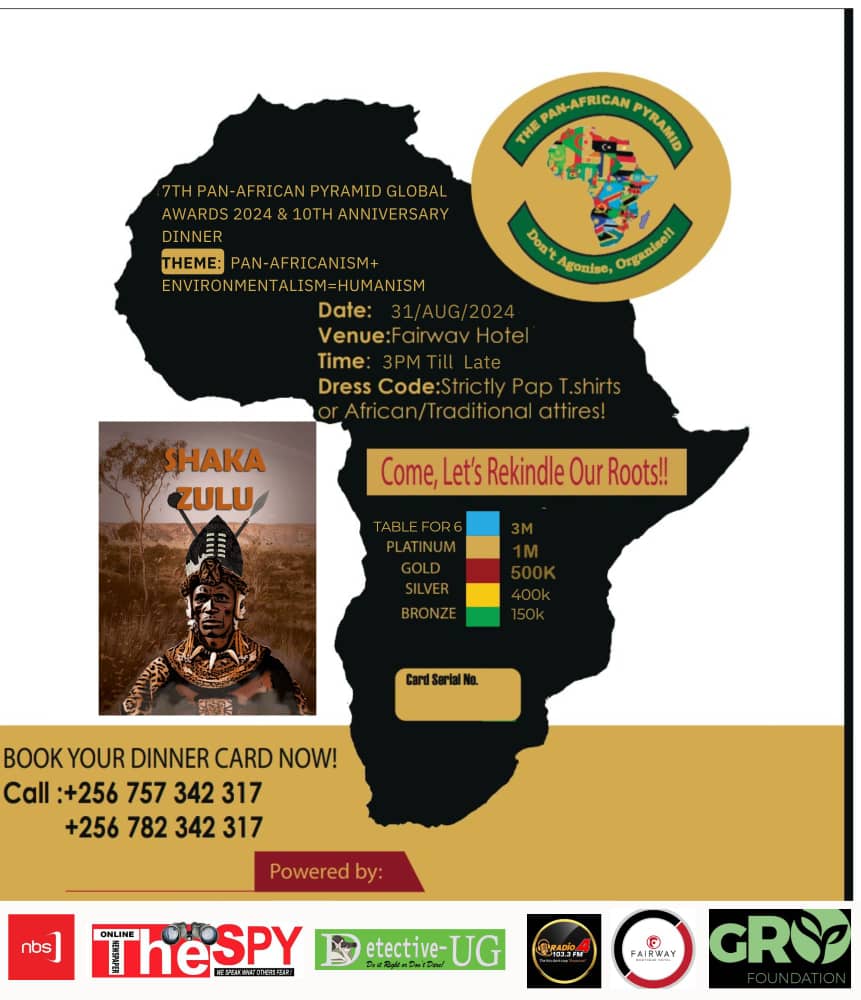
Despite facing regular harassment, assaults, and arrests, starting in 1969, he endured 586 days of solitary confinement. Undeterred, Magubane continued capturing poignant moments through his lens. In the 1990s, he became Nelson Mandela’s official photographer after Mandela’s release from prison.
DAUGHTER CONFIRMS PASSING:
As reported by media, the news of Magubane’s passing was conveyed by his daughter, Fikile Magubane, in an interview with media. She stated, “My father passed away peacefully today at midday – he was not well. My father would have been 92 on the 18th of January.”

As the Magubane family mourns the loss of their patriarch, the world reflects on Peter Magubane as more than a photographer; he was a visual chronicler of the struggle for justice and equality in South Africa.
His granddaughter, Ulungile Magubane, reflected on his legacy, stating, “He was someone who made very big sacrifices for the freedom that we enjoy today,” and added that he was fortunate to witness positive changes in the country.
Born in 1932 in Vrededorp, Johannesburg, Magubane grew up in Sophia town, a hub for black artists that was later dismantled under apartheid. He passed away peacefully on Monday and would have turned 92 on January 18.
The South African National Editors’ Forum (Sanef) hailed Magubane as a giant in photojournalism, acknowledging his courage in opposing the apartheid regime. Despite facing adversity, including being shot 17 times at a student’s funeral, Magubane ingeniously captured the truth, often concealing his camera in unconventional ways.
Internationally recognized, Magubane exhibited his work in London during the early 1960s and served as a correspondent for Time magazine. His contributions extended to major publications such as National Geographic, Life, New York Times, Washington Post, Paris Match, and Sports Illustrated. Magubane also worked with the UN through commissions from the UN High Commission for Refugees and Unicef.
Post-apartheid, Magubane redirected his focus to document tribal conflicts, territorial complexities, and cultural traditions in South Africa. Among his many honors, he considered the South African Order of Meritorious Service Silver Class II, bestowed by President Nelson Mandela, as his most significant achievement. Additionally, he received the American National Professional Photographers Association Humanistic Award and became the first black South African to win Press Photo of the Year in 1958.
MAGUBANE’S LENS:
His impactful work not only documented the arduous struggle for freedom. But also played a pivotal role in raising global awareness about the injustices faced by the South African population.
Magubane’s lens became a powerful instrument for dismantling ignorance and fostering empathy across borders.
Nelson Mandela recognised Magubane’s invaluable contribution, appointing him as his official photographer in the early 1990s following Mandela’s release from prison.
Moreover, Magubane’s lens immortalised the historic 1976 Soweto uprising, capturing the spirit of resistance against oppressive policies.
His indelible contributions to the anti-apartheid movement will forever be etched in the annals of history. Leaving behind a timeless legacy that transcends geographical and temporal boundaries.
AWARDS
- 1958 – First black South African to win a photographic prize in the country – first and third prizes were awarded to him for Best Press pictures of the year.[8]
- 1985 – Robert Capa Gold Medal
- 1986 – Dr. Erich Salomon Award
- 1992 – Special Missouri Honor Medal for Distinguished Service in Journalism
- 1995 – Martin Luther King Luthuli Award
- 1997 – Lifetime Achievement Award from the Mother Jones Foundation and Leica Cameras
- 1997 – Fellowship by the Tom Hopkinson School of Journalism and Cultural Studies, University of Wales, Cardiff
- 1999 – Order for Meritorious Service Class II from President Mandela
- 2003 – Honorary doctorate degree from the University of South Africa
- 2006 – Honorary doctorate of Philosophy from the University of Fort Hare[13]
- 2006 – Honorary doctorate of Technology from the Tshwane University of Technology[13]
- 2006 – Doctor of Law (honoris causa) Rhodes University
- 2008 – Honorary Fellowship from the Royal Photographic Society, UK
- 2010 – Cornell Capa Infinity Award from the International Center of Photography
- 2010 – Honorary doctorate degree from Columbia College (Chicago)
- 2015 – Nat Nakasa Award for Media Integrity

